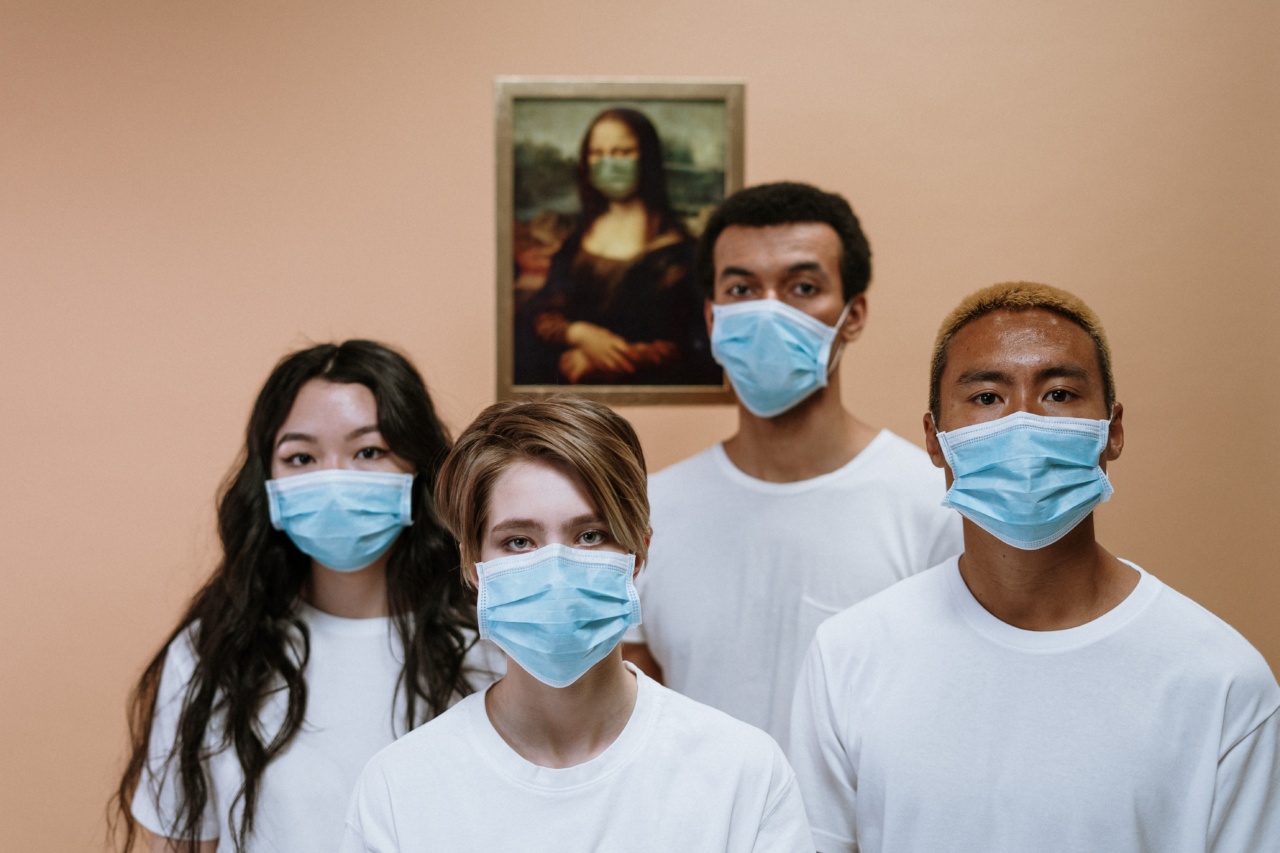For most people, breathing is an automatic process we don’t even think about. But if you’re someone struggling to breathe, it can be a daily challenge.
Breathing difficulties can make even the simplest of activities, such as walking up a flight of stairs, difficult.
If you’re experiencing breathing difficulties, it’s important to call your doctor without hesitation. Don’t wait until your condition worsens to seek medical help – ignoring breathing difficulties can be dangerous and even life-threatening.
What Are the Symptoms of Breathing Difficulties?
Shortness of breath and difficulty breathing are the primary symptoms of breathing difficulties.
Shortness of breath is often described as the feeling of being unable to get enough one’s breath, while difficulty breathing may feel like a tightness or constriction in the chest. Other common symptoms include:.
- Wheezing
- Coughing
- Rapid breathing
- Chest pain
- Fatigue
Who is Most at Risk for Breathing Difficulties?
There are several factors that can increase the risk of breathing difficulties, including:.
- Smoking or exposure to second-hand smoke
- Exposure to environmental toxins or pollutants
- Lung disease, such as asthma or COPD
- Heart disease or other cardiovascular problems
- Obesity
- Stress and anxiety
What Causes Breathing Difficulties?
There are numerous conditions that can cause breathing difficulties, including:.
- Asthma
- COPD (chronic obstructive pulmonary disease)
- Emphysema
- Interstitial lung disease
- Heart disease
- Lung cancer
- Anxiety and panic disorders
- Allergies
- Infections such as pneumonia or bronchitis
How Are Breathing Difficulties Treated?
The treatment for breathing difficulties varies depending on the underlying cause of the condition. Your doctor will work with you to develop a personalized treatment plan that addresses your specific needs. Some common treatments include:.
- Inhalers or nebulizers for asthma and COPD
- Oxygen therapy for severe breathing difficulties
- Medications to manage heart disease
- Antibiotics for bacterial infections
- Lifestyle changes such as weight loss and smoking cessation
- Surgery for lung cancer or other serious respiratory conditions
When Should You Call Your Doctor?
If you’re experiencing breathing difficulties, it’s important to call your doctor right away. Breathing difficulties can be a sign of a serious underlying condition that requires prompt medical attention.
Don’t wait to seek medical help – delaying treatment can make breathing difficulties worse and put your health at risk.
In addition, you should call your doctor if you experience any of the following symptoms:.
- Chest pain or discomfort
- Fast or irregular heartbeat
- Severe shortness of breath
- Dizziness or fainting
- Blue lips or face
Conclusion
Breathing difficulties can be a scary and debilitating condition. However, with proper medical care and treatment, it is possible to manage and even improve your breathing difficulties.
If you’re struggling to breathe, don’t hesitate – call your doctor right away for an evaluation and personalized treatment plan. Taking the time to address your breathing difficulties now could prevent serious health consequences down the line.






























